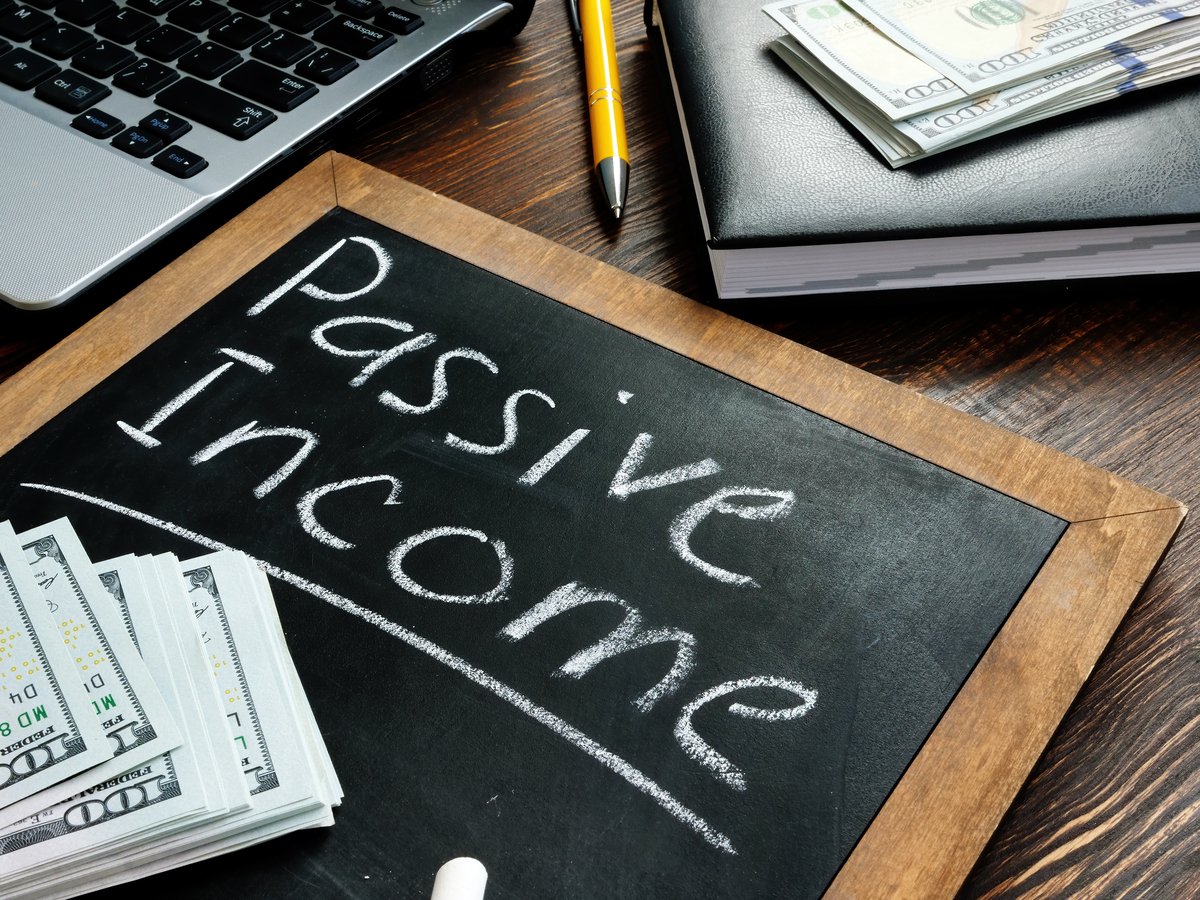Specialized coffee has been a booming business over the last several years, and players like Starbucks (SBUX 2.26%), Dunkin' Brands (DNKN +0.00%), and McDonald's (MCD +0.38%) are still offering attractive investment alternatives in terms of quality, growth, and valuation. Where should you put your money?
Starbucks for quality
Starbucks is unquestioningly the high-quality name in the sector. The company's founder and CEO, Howard Schultz, practically invented specialized coffee as a popular product category. In the process, he led Starbucks from a small group of coffee stores in Seattle to a global chain with more than 19,700 stores as of the end of the last quarter and one of the most valuable consumer brands in the world.
Brand differentiation and a unique customer experience are invaluable competitive assets for the company, generating premium prices for its products and superior profit margins for shareholders. Starbucks is one of the most innovative players in the industry, and the company is growing into new areas like specialized tea, pastry, and premium juice with acquisitions like Teavana, La Boulange, and Evolution Fresh, respectively.
Starbucks is firing on all cylinders; revenues increased by 13% in the last quarter on the back of 588 new stores and a strong increase of 7% in global comparable-store sales. Margins were on the rise during the quarter, consolidated operating margin reached a record 17.6%, and earnings per share grew by a remarkable 34% year over year to $0.63 per share.
The company is planning to open approximately 1,500 new stores in fiscal 2014, 750 of them in the China/Asia-Pacific region. Starbucks has abundant opportunities for expansion in emerging markets, and product innovation is a great way to increase sales and store profitability at the same time.
Like its products, Starbucks is a bit expensive, at a forward P/E near 25.5. However, premium quality commands a premium price, both when it comes to coffee and investments in coffee companies.
Dunkin' Brands: Small size, big room for growth
Dunkin' Brands, the parent company of Dunkin' Donuts and Baskin-Robbins, is smaller than Starbucks, and it doesn't have the same pricing power as the quality leader. This has significant competitive disadvantages for the company. On the other hand, it means that Dunkin' Brands still has plenty of room for store growth in the coming years.
The company has around 7,500 Dunkin' Donuts restaurants in the U.S., and management believes it has room to double that amount to nearly 15,000 locations in the country. On a global basis, there are nearly 10,600 Dunkin' Donuts and 7,000 Baskin-Robbins franchises worldwide, which means that Dunkin' Brands has a long way to go before reaching market saturation.
Dunkin' is not performing as strongly as Starbucks on the financial front, but the company is still doing quite well, with total revenues increasing by 8.6% in the third quarter of the year and net diluted earnings per share growing by 10.8%. Dunkin' Donuts' U.S. comparable-store sales grew by a respectable 4.2% during the last quarter.
On the other hand, Dunkin' Brands trades at an expensive forward P/E ratio of 27.2, a similar level to quality-leader Starbucks.
McDonald's for value
McDonald's is stepping up its efforts to compete more aggressively in the coffee business. The company is broadening its offerings with products like White Chocolate Mocha and Pumpkin Spice Latte, while at the same time it continues expanding its McCafe stores around the world. In addition to this, McDonald's has recently announced it will be launching McCafe bagged coffee for distribution in supermarkets via a partnership with Kraft.
The company could certainly use some successful product innovation, McDonald's delivered global comparable-sales growth of 0.9% during the last quarter, and total revenue increased by an uninspiring 2% during the period.
On the other hand, service quality has been suffering at McDonald's lately, and management has admitted it needs to improve in that area as soon as possible. Adding more specialized coffee alternatives to the menu could be problematic for the fast-food giant in terms of service and speed.
The good news for investors is that McDonald's is dirt cheap, trading at a forward P/E ratio of 16.4. The dividend yield of 3.4% is also substantially higher than the yields offered by Starbucks and Dunkin' Brands, in the area of 1.3% and 1.6%, respectively.
If the company can reignite growth, McDonald's is offering material upside potential from current valuation levels.
Bottom Line
Starbucks is clearly the high-quality play in the sector, and the company looks well positioned to continue growing at a healthy rate via product innovation and store expansion in emerging markets. Dunkin' Brands is smaller and has more room for store growth, but it carries a similar valuation and is delivering inferior financial performance. McDonald's is very attractively valued, but the company still needs to prove that it can accelerate growth to merit a higher valuation.
Investment decisions should ultimately depend on variables like investors' needs, risk tolerance, and overall strategy. However, on a comparative basis, Starbucks looks like the place to go if you want to buy a cup of high-quality coffee.







